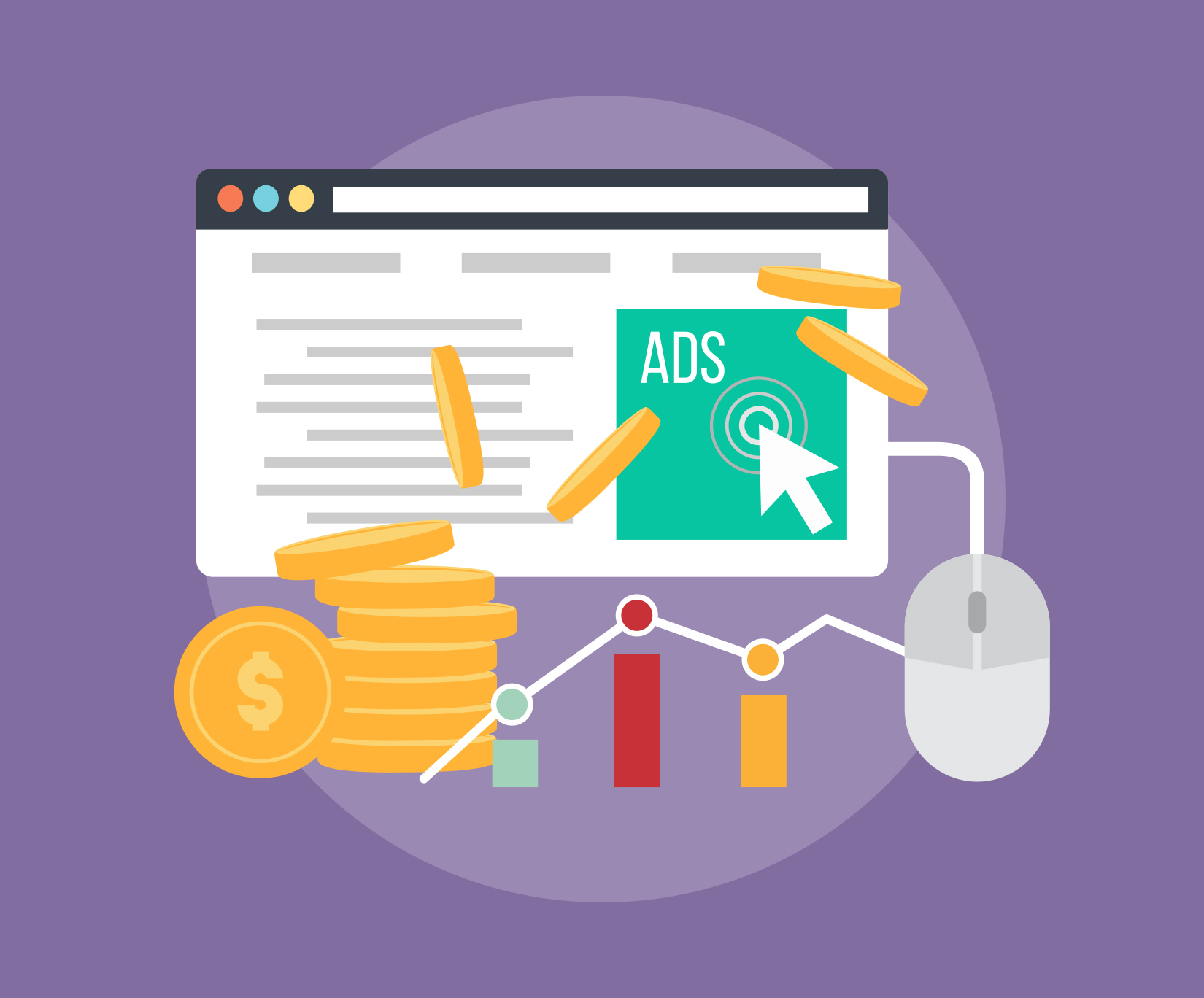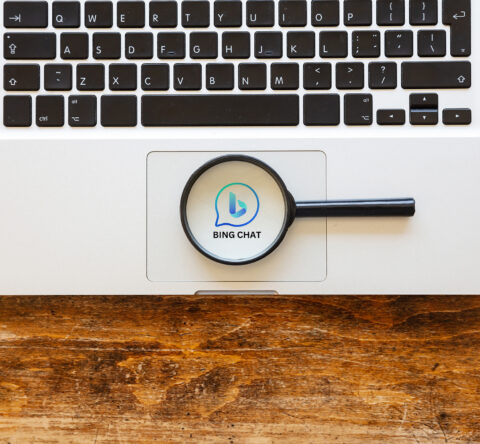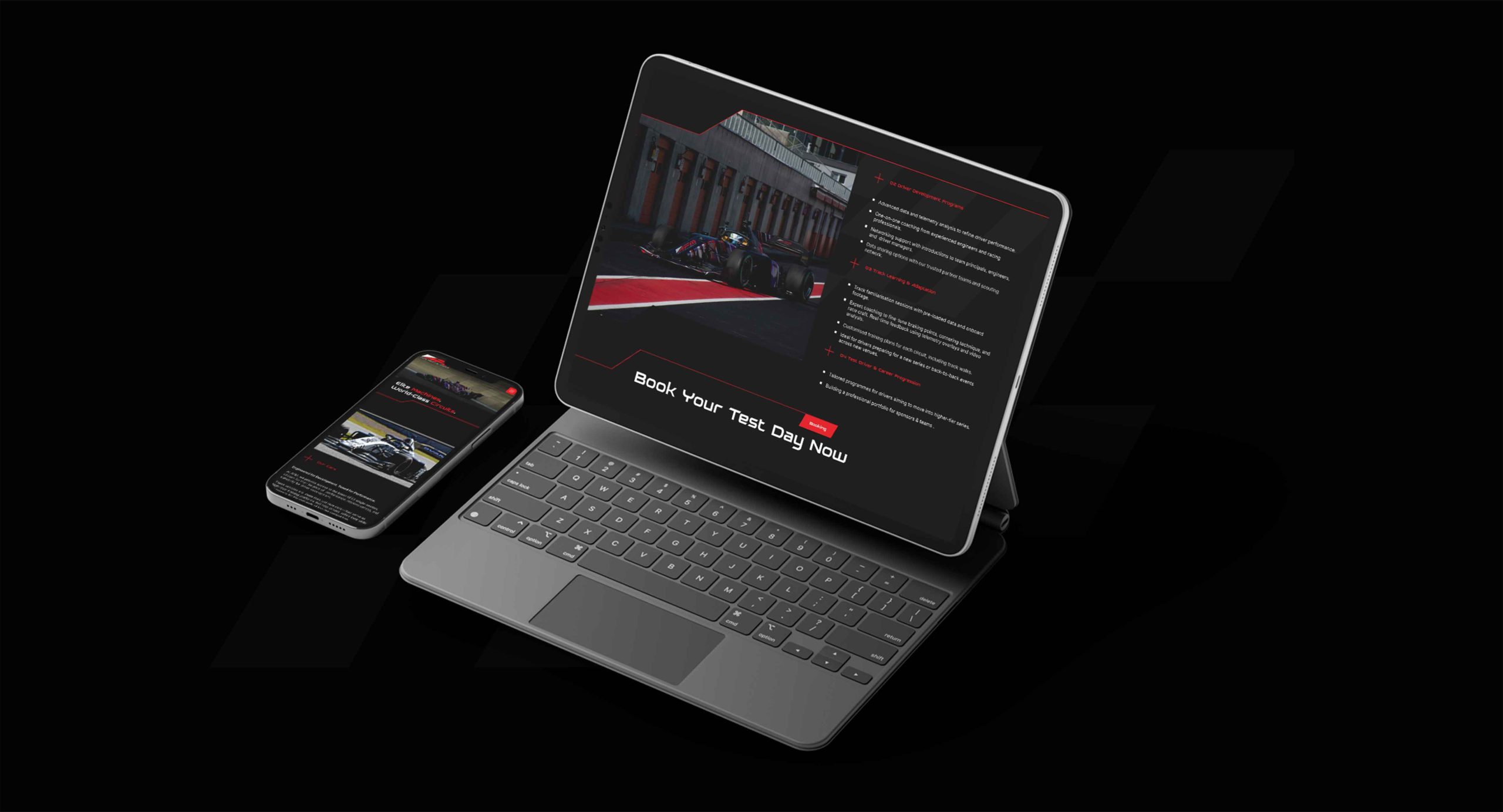One of the most critical decisions you’ll make when creating a Google Ads campaign will be which bidding strategy to implement. The question so many marketers face is simple – CPC vs CPA – which gives you the most bang for your buck? If you’ve ever questioned whether to pay per click or pay for action, I will help you work through it in this guide.

What Are CPC and CPA in Google Ads?
Now that we have defined them, let’s compare:
- CPC (Cost Per Click)- you are charged at every click on your ad…regardless of what happens thereafter.
- CPA (Cost Per Action)- you pay only when an action is taken – (i.e., submission of a form, download, or purchase).
On paper, the CPA vs CPC should have been an easy deductive choice – why pay for someone to click, if you can pay for action? But, as in most circumstances in marketing, it’s not always as easy as it seems.
Understanding the difference between cost per click vs cost per action comparison is very important for determining which strategy best suits your campaigns’ objectives, budget and tracking ability.
How CPC Works: Paying for Traffic
CPC bidding is one of the most commonly used models overall and is the model of choice when your intent is to drive users to your website.
When to Use CPC:
- If you have brand awareness or traffic-driving campaigns
- If you are a new advertiser and do not have the conversion data yet
- If you want to control what you pay per visitor
Using CPC, you can set manual bids or let Google adjust your bids mechanically with smart bids. Despite the smart bidding capabilities, the aim is to get clicks— not conversions.
Pros:
- It is easy to set up
- Best for your top-of-funnel objectives
- Be able to strictly control a daily budget
Cons:
- No guarantee of meaningful action after the click
- Can be expensive if your landing page or offer is not optimised
In the CPC vs CPA discussion, essentially, CPC will deliver volume; it will not always deliver value. Nonetheless, it is likely the place to start if your business is new to Google Ads.
How CPA Works: Paying for Conversions
Unlike CPC, CPA bidding allows you to pay only when someone converts. They could sign up for a webinar or even make a purchase, and it’s definitely the preferred bidding option by advertisers focusing on e-commerce, lead generation, or app installs.
When to Leverage CPA:
- You have confident conversion tracking in place
- You can rely on consistent traffic/conversions in your campaign.
- You are looking for an immediate ROI (sales, leads)
CPA bidding heavily relies on machine learning, so it improves over time. Google needs some conversion data to help predict which users will convert, along with a sense of how your campaign should adjust bids based on that action.
Pros:
- Highly focused on ROI
- Eliminates the guesswork involved with bidding
- Allows Google to ease towards actual outcomes
Cons:
- Requires historical data (usually at least 15 conversions in the last 30 days)
- Less control over bids, one less price point as well
- May not perform well with lower budgets, or if your campaign is new
In a pure CPA vs CPC situation, CPA wins when you have already established strong data and want to push individuals to do something measurable, not just plainly drive traffic, whether that’s to deliver leads, app installs, or sales.
CPC and CPA Comparison: Side-by-Side
Let’s do a quick CPC and CPA comparison to see how they stack up:
| Feature | CPC (Cost Per Click) | CPA (Cost Per Action) |
|---|---|---|
| Charging model | Per click | Per conversion |
| Best for | Traffic, awareness | Leads, sales |
| Budget control | High | Medium |
| Requires conversion tracking | No | Yes |
| Learning curve | Lower | Higher |
| Ideal for new advertisers | Yes | Not always |
If your campaign is brand new or you want to focus on getting people to your website, CPC may be a good starting option. But if your focus is getting individuals to perform “bottom of the funnel” actions like purchase or signing a form, then CPA may be a better option in the long run in terms of efficiency.
This cost-per-click vs cost-per-action decision is also about how much risk you’re willing to accept. CPC gets you clicks, but there is no guarantee anything will happen, whereas CPA is dependent on Google’s algorithm deciphering your intended audience.
Smart Bidding vs Manual Bidding: The Strategy Behind the Strategy
Whether you choose CPC or CPA, there’s one more layer to think about: smart bidding vs manual bidding.
- Manual Bidding: You decide how much you’re willing to pay for each click or action. The best option for advertisers who want total control.
- Smart Bidding: Let Google’s AI take over using historical and real-time data to optimise either conversions or clicks toward your goal.
Smart bidding works exceptionally well for CPA bidding because smart bidding is designed to drive actions instead of impressions. Of course, manual bidding should not be overlooked. In some cases, especially smaller campaigns or unique niches, it is still incredibly effective.
What About CPM?
If you’re thinking even more broadly about the different bidding strategies out there, you may have seen CPM (cost per mille) – which charges you based on every 1,000 impressions your ad receives. While CPM is great when you are focused on awareness at scale, it’s usually not a direct comparison in CPC vs CPA because CPM isn’t about engagement or conversions; it’s more about visibility.
(If you are unsure if CPM is right for your campaign goals, you can read about that in [what is CPM]).
Which Strategy Gives You Better ROI?
It’s the million-dollar question – and the answer is all based on your goals.
- Are you looking to drive traffic to your blog or product pages? Then stick with CPC.
- Are you looking to drive sales or signups? Then certainly test CPA, assuming you have your tracking in place.
- Don’t have any conversion data yet? Then you should start with CPC, build data, and then switch to CPA once you have volume.
The best solution is usually to test the two bidding strategies side-by-side and then review their performance over a few weeks. And then decide based on real data instead of assumptions.
Also, neither strategy is permanent. With time and the maturation of your campaigns, your bidding strategy can (and should) change.
How to Choose the Right Bidding Model for Your Brand
On the fence about CPA vs CPC?
Here’s a basic checklist:
1. Do you have good, reliable conversion tracking?
2. Is your goal traffic or conversions?
3. Is your budget restricted?
4. Are you running top-of-funnel or bottom-of-funnel campaigns?
If you answered ‘yes’ to most of the above for conversions and tracking, CPA is likely the way to go. If not, CPC gives you wiggle room as you build your data and optimise your funnel.
If you are working with a performance-driven agency, they can guide you through this decision, too. You can even ask them to help you with an account audit, which may assist as you decide how to bid. If you are really stuck, there are also digital marketing experts able to help you (for example, [Digital marketing services in UAE].
Final Thoughts: CPC and CPA Are Just Tools — Not One-Size-Fits-All
Ultimately, the choice between using CPC vs CPA is not which is “better” but which is best for your campaign goals right now.
Use CPC when:
- You need control,
- You are still experimenting,
- You want visits and impressions.
Use CPA when:
- You have enough conversion data,
- You care more about outcomes than traffic,
- You want the machines (Machine Learning) to do most of the heavy lifting for you.
As your campaigns progress, so should the way that you bid and spend your resources. And remember: the best strategy in the world can fall flat without great tracking, creative and funnel optimisation.
Need help deciding what your next step in a paid advertising strategy is? Contact our team for professional Digital marketing agency services in UAE – we’ll work together with you to maximise your return, no matter what strategy you choose.
Related Post
Publications, Insights & News from GTECH








